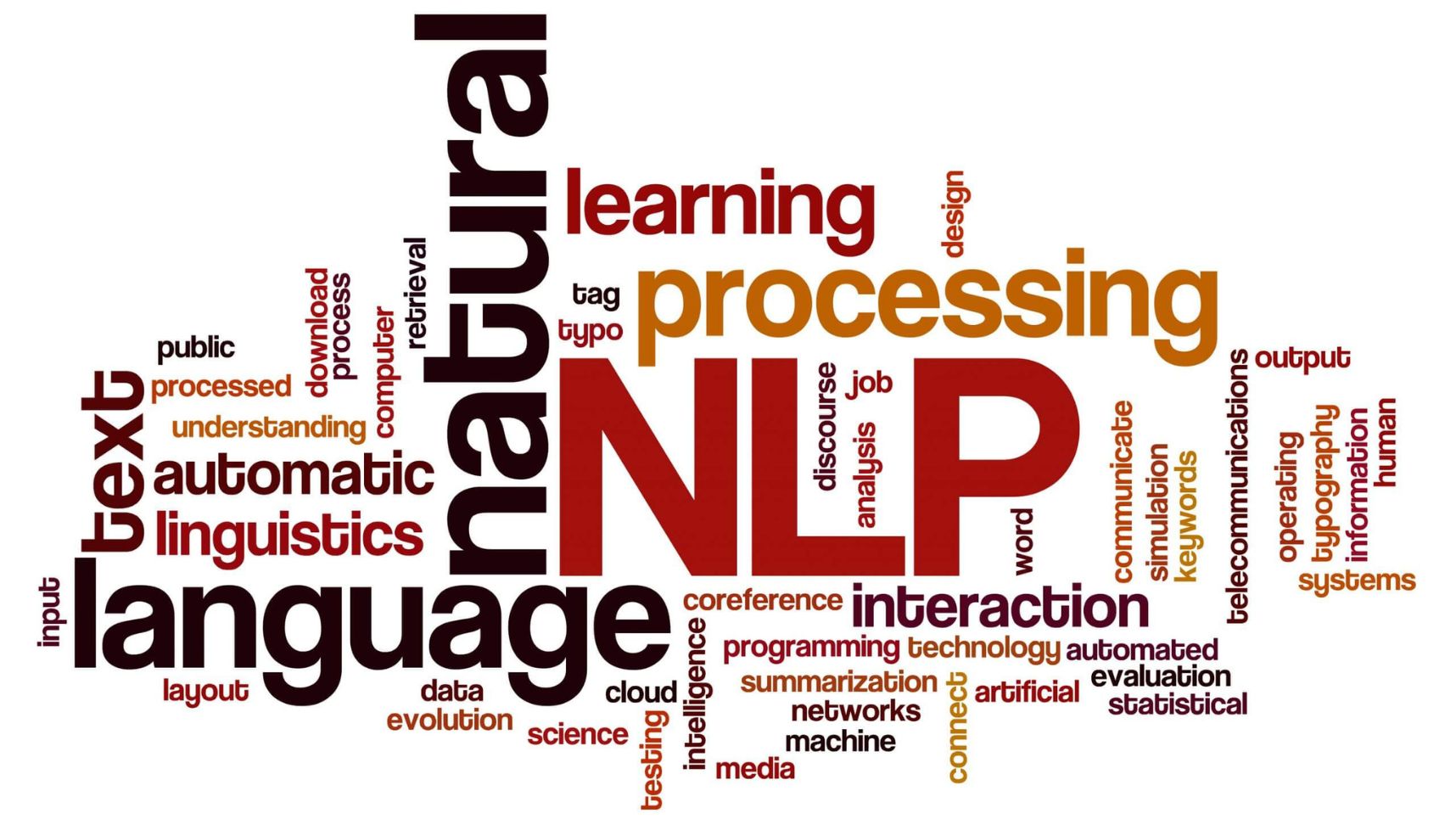
Decoding the DNA of Large Language Models
Developing Large Language Models (LLMs) has become a key focus in the realm of artificial intelligence, especially in natural language processing. These advanced models, crucial for understanding and generating human language, heavily rely on the quality and diversity of their training datasets. The quest for comprehensive datasets has led researchers to pioneer innovative methods for dataset creation and optimization to meet the evolving demands of language complexity.
Existing methodologies traditionally gather large text corpora from various sources to train LLMs. While effective, this approach faces challenges in ensuring data quality, mitigating biases, and representing lesser-known languages. Recent research has introduced novel dataset compilation and enhancement strategies to tackle these issues, aiming to boost LLM performance across a range of language processing tasks.
A significant innovation lies in the creation of a specialized tool using machine learning algorithms to refine dataset compilation. This tool sifts through text data, categorizing high-quality content while minimizing biases, thus promoting equitable and representative language model training. Rigorous testing has shown enhancements in LLM performance, particularly in tasks requiring nuanced language understanding.
Unveiling the Role of Datasets
Large Language Model datasets play a fundamental role in advancing the field, serving as the roots of LLM growth. A recent survey delves into dataset analysis across critical dimensions, highlighting the challenges and future directions in dataset development. The scale of data involved is extensive, with pre-training corpora alone exceeding 774.5 TB, marking a significant milestone in dataset optimization for LLM advancement.
The survey outlines intricate data handling processes crucial for LLM development, from data crawling to the creation of instruction fine-tuning datasets. It emphasizes the importance of data collection, filtering, deduplication, and standardization to ensure data quality for effective LLM training. The meticulous approach underscores the complexity of preparing data for LLM training.
Future Directions and Challenges
The survey discusses current challenges and future directions in LLM-related dataset development. It emphasizes the need for diversity in pre-training corpora, high-quality instruction fine-tuning datasets, preference datasets for model output decisions, and evaluation datasets for ensuring LLM reliability and safety. A unified framework for dataset development and management is proposed to foster the growth and sophistication of LLMs.
In conclusion, datasets are likened to the vital root system sustaining the growth of Large Language Models in the dense forest of artificial intelligence advancements. The continuous innovation in dataset creation and optimization is key to unlocking the full potential of LLMs in natural language processing tasks.
 Image for illustrative purposes only.
Image for illustrative purposes only.















